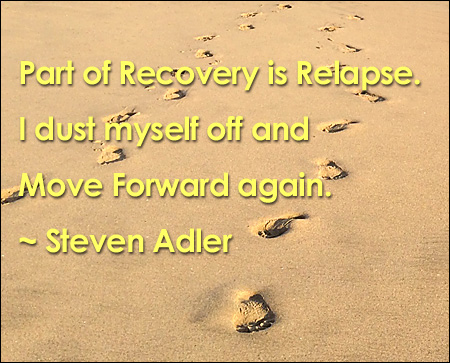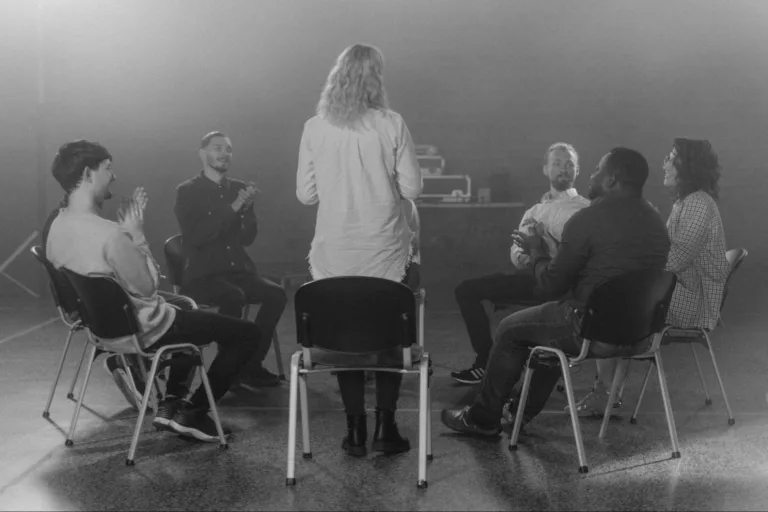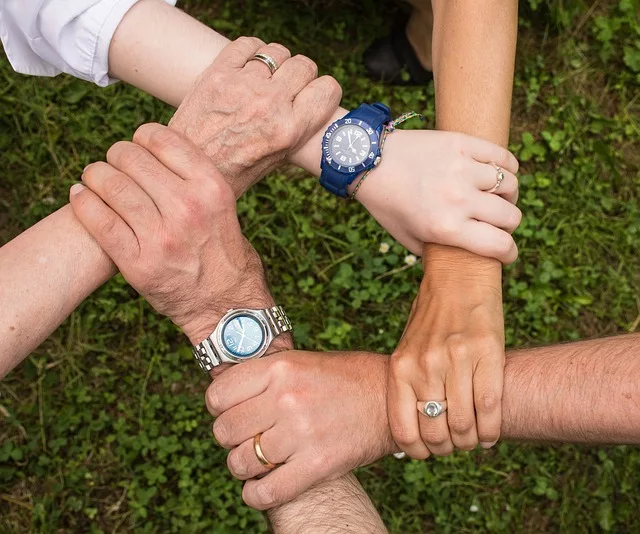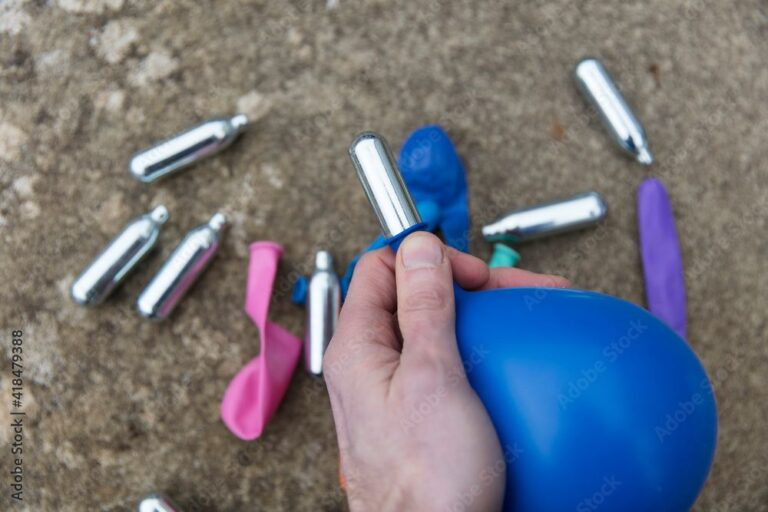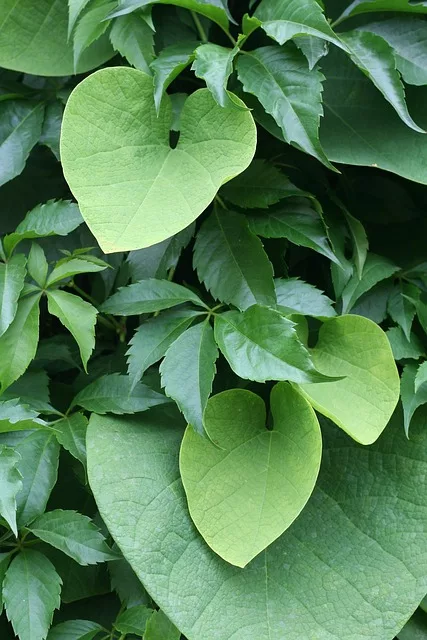You put your life on hold for 30-days or more to live in a residential alcohol or addiction treatment center, you got clean, you feel great and you and your family are happy. Is that all there is?
Not a chance. If you recovered at a non 12 step treatment facility, chances are good they have prepared you for relapse prevention and aftercare maintenance. Evidence-based treatment believes that 12-step facilitation is one way to prepare newly-sober patients for staying sober long into the future.
What is 12-step Facilitation (TSF)?
Twelve step facilitation therapy is an aftercare tool. Its purpose is to assist patients in developing coping mechanisms to manage triggers and cravings, and to stay sober in the “real world” for a sustained period of time. This program consists of 12 sessions, divided as follows:
- A patient who is single receives 12 individual sessions
- If they’re in a stable relationship, they attend 10 individual sessions and 2 sessions along with their partner.
- The sessions are designed to take place over 12 consecutive weeks
- Additionally, 2 emergency sessions are available as needed
The benefit of an individual’s partner attending two conjoint sessions is that they receive education about addiction and learn the concept of enabling their loved one. They’re also encouraged to attend at least six Al-Anon meetings, which will help them further understand the nuances of coping with this disease.
The percentage of relapse rates among alcoholics and drug abusers is similar to the relapse rates of other chronic diseases, such as type 1 diabetes or asthma or hypertension. This is according to the National Institute of Drug Abuse, which advocates treating addiction like any other chronic illness. TSF, then, can be considered healthy maintenance required to keep the disease of addiction in remission.
Residential Treatment Combined With Twelve Step Facilitation
Studies have shown that TSF combined with formal, residential treatment aids patients in staying sober longer than if they had participated in just one or the other.
Furthermore, 12-step self-help groups, such as Alcoholics Anonymous (AA) and Narcotics Anonymous (NA) are free resources for everyone and are readily available in nearly all communities across the country.
These recovery communities are attended by a broad spectrum of recovering individuals, from people with long-term sobriety to those just out of treatment. This kind of diversity is beneficial for everyone involved.
Newly recovered patients can speak to those who have maintained a lasting sobriety. TSF veterans, on the other hand, are reminded of the difficulties of being a newcomer and receive benefits from sharing their own experiences.
Relapse is a part of many chronic illnesses, not just addiction. The important thing to know is it isn’t failure. If a relapse does happen at some point after recovery, recognize it, don’t dwell on it, and get back on track quickly. Use family, friends, or a support group to help. The goal is to keep moving forward in a positive direction.
Even a limited amount of participation in AA or NA can increase a person’s abstinence from substance abuse, according to research. Consistent attendance and involvement with TSF, though, greatly reduces relapses and their intensity.
Relapse prevention for patients preparing to exit residential treatment is a vital aspect of a sustained recovery. 12-step facilitation therapy is one tool patients can consider adding to their toolbox.
Related:
10 Ways How to Help an Alcoholic
Al-Anon and Alateen – Support for Families of Addiction
34 Pieces of Advice About Addiction From Patients in Recovery
What are The Goals of SMART Recovery?
Non 12 Step Rehab and Treatment Program
